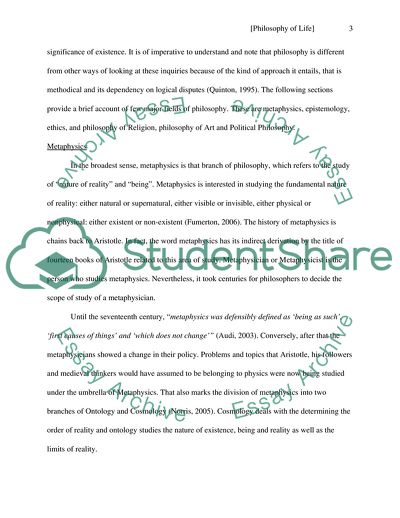Cite this document
(Philosophy of Life Essay Example | Topics and Well Written Essays - 2000 words, n.d.)
Philosophy of Life Essay Example | Topics and Well Written Essays - 2000 words. Retrieved from https://studentshare.org/philosophy/1729820-philosophy-of-life
Philosophy of Life Essay Example | Topics and Well Written Essays - 2000 words. Retrieved from https://studentshare.org/philosophy/1729820-philosophy-of-life
(Philosophy of Life Essay Example | Topics and Well Written Essays - 2000 Words)
Philosophy of Life Essay Example | Topics and Well Written Essays - 2000 Words. https://studentshare.org/philosophy/1729820-philosophy-of-life.
Philosophy of Life Essay Example | Topics and Well Written Essays - 2000 Words. https://studentshare.org/philosophy/1729820-philosophy-of-life.
“Philosophy of Life Essay Example | Topics and Well Written Essays - 2000 Words”. https://studentshare.org/philosophy/1729820-philosophy-of-life.


